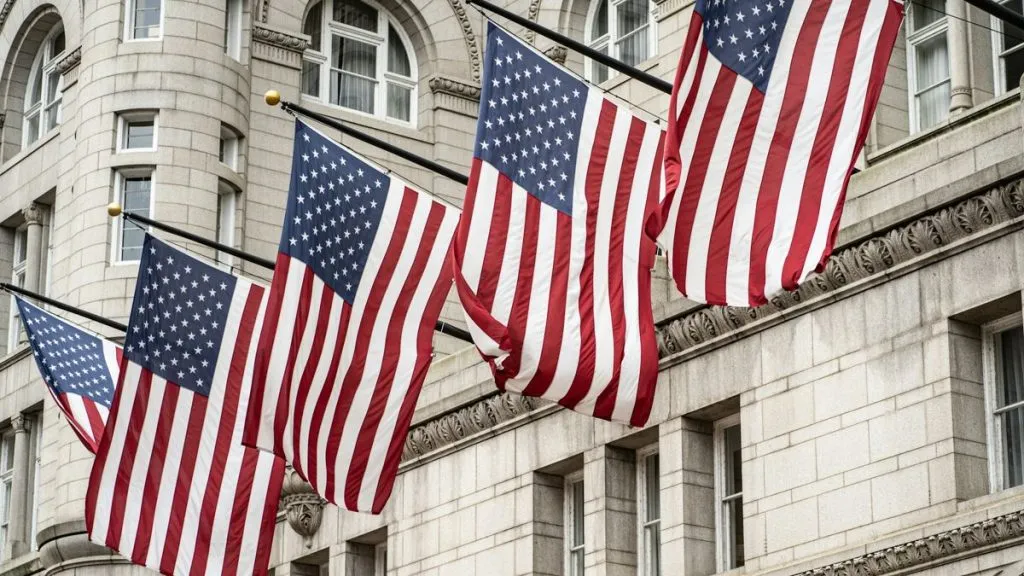
Photo Credit: Christian Lucas
President Trump has declared microlicensing and individual payments for every piece of content used in artificial intelligence training as an “impossible task.” He has voiced an opposition to proposed frameworks that would require AI developers to pay rightsholders for their works.
These remarks signal a pivotal shift in America’s copyright and technology policy direction, setting up a consequential debate between content owners and technology companies. During a keynote at the All-In Podcast AI Summit, Trump stated:
“You can’t be expected to have a successful AI program when every single article, book, or anything else that you’ve read or studied, you’re supposed to pay for. Gee, I read a book. I’m supposed to pay somebody, we appreciate that, but you just can’t do it because it’s not doable. And if you’re going to try and do that, you’re not going to have a successful program. I think most of the people in the room know what I mean.”
Trump elaborated further that learning from books or articles does not violate copyright laws under current interpretations. He says requiring payments for every piece of knowledge drawn upon would render the U.S. AI developments noncompetitive, especially compared to China which faces fewer restrictions.
“You just can’t do it. China’s not doing it. And if you’re going to be beating China, and right now we’re leading China very substantially in AI… you have to be able to play by the same set of rules. So when you read something, you cannot expect to every single time say, oh let’s pay this one that much, let’s pay this one. It just doesn’t work that way,” Trump continued.
The administration recently introduced a 28-page AI Action Plan, which avoids specifying how copyright issues or rightsholder compensation should be handled, leaving this challenge to the courts. Instead, the focus is on providing regulatory relief for the technology sector, fast-tracking the construction of AI infrastructure, and aiming for a unified federal standard that preempts a patchwork of state regulations. The plan calls for new executive orders to expand AI exports, especially to U.S. allies, and to ban federal procurement of AI considered to have “partisan bias or ideological agendas.”
While the Action Plan delivers sweeping deregulation and industry support, it offers little clarity for rightsholders who have pushed for compulsory licensing or royalty mechanisms as AI usage proliferates. Court cases against major AI companies on copyright issues remain ongoing, but with Trump’s public rebuke of content-by-content compensation, the policy debate is likely to intensify as Congress and courts address the balance between creator rights and national economic strategy.


